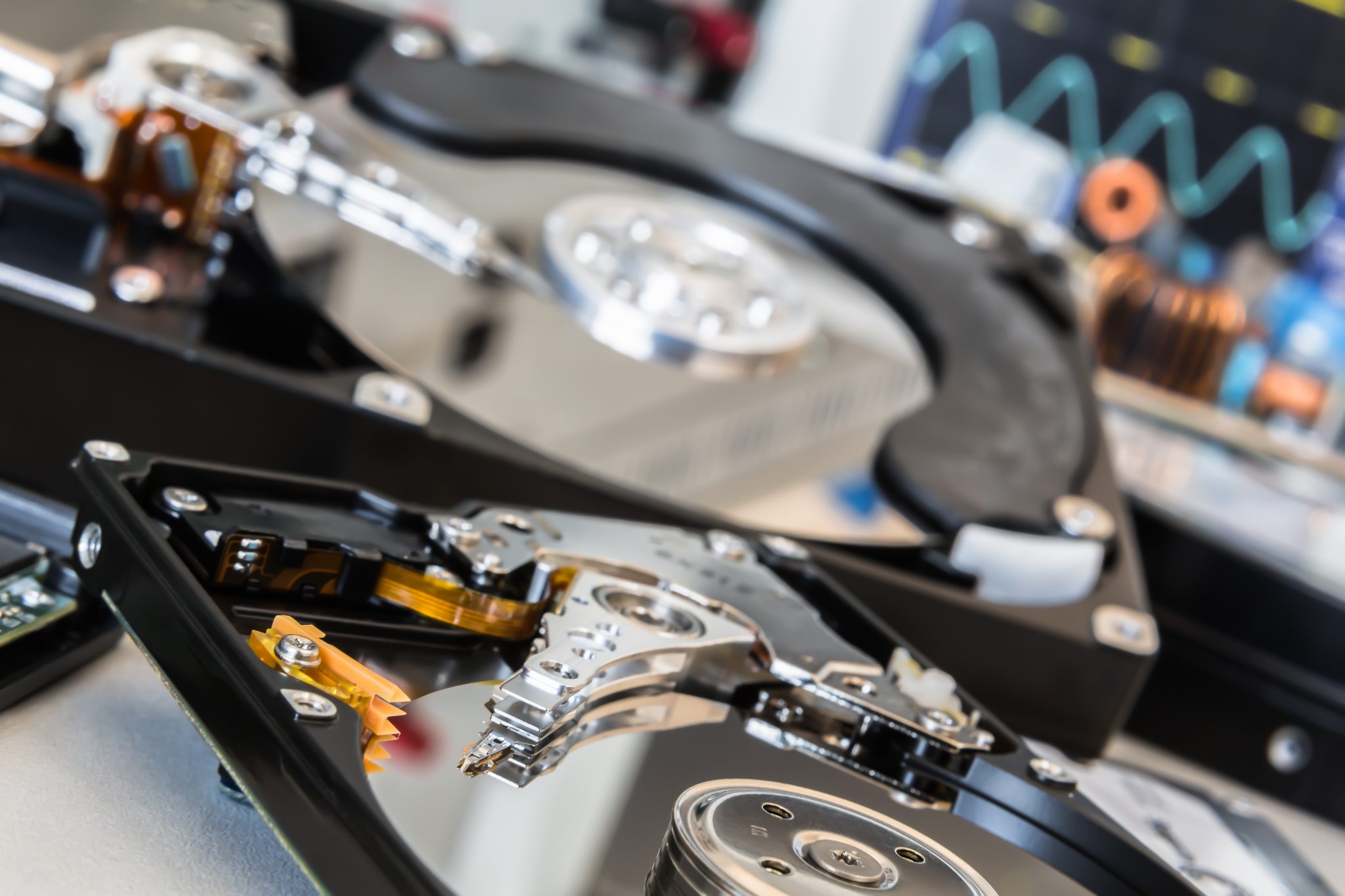6 Steps to Take to Recover Your Lost Data (Updated)
Things to Do to Recover Your Lost Data
It’s every computer user’s nightmare. Your computer’s hard drive fails, taking down valuable data files along with it. You know it could happen to anyone at any time, but we all seem to think that it won’t happen to us!
Fortunately, in many cases, your data can be recovered, provided you take the right steps to protect against further damage. Here are some ideas that can minimize the damage and maximize the chances of getting your data back. Even if you’re planning on using a data recovery firm to recover your data, these tips will help!
1. Don’t Make Things Worse.
Like the Hippocratic Oath that doctors take, your first responsibility is to do no harm. Use your hard drive as little as possible until all your data has been restored. The more you use your hard drive, the greater the chance that your data will be overwritten. Don’t launch any unnecessary programs and don’t copy any more files onto your disk. You should even avoid browsing the internet until your files have been safely recovered.
2. Shut your computer down safely.
If you believe there is something wrong with your computer, shut it down as soon as you can. Don’t panic and keep trying different things to recover it right away. Stay calm and relaxed as much as possible, shut down your computer promptly, and get it to a professional as soon as you can. Sometimes the fastest and best way to shut down your computer is just to cut power to it, which could be using the off button, or simply unplugging it (if you’re using a desktop). If you use proper shut down procedures, the operating system may save the latest changes and overwrite your data.
3. Don’t try to take the hard drive apart yourself.
Unless you are a professional computer technician, the chances are very good that you’ll just cause more damage. Even if you don’t cause any physical damage, if the cover is taken off your hard drive, microscopic dust particles can get in and cause further problems. Data recovery professionals have laboratories where they ensure a dust and static free environment to complete your data recovery.
If you’re not taking your drive to a local data recovery firm, make sure that the drive is properly packaged for shipping. It is important to place the hard drive in an anti-static bag. Ideally, you should use the original packaging that your hard came in. If that’s not possible; use foam rubber as a wrap around the hard drive as this provides the best protection. Don’t use items such as newspaper or Styrofoam peanuts as they won’t secure your drive properly. Be sure that there are no empty spaces in the box which would allow the hard drive to move around and possibly suffer damage. Make sure you don’t drop your hard drive or expose it to extreme heat or cold.
4. If your computer is making unusual sounds, shut it down and don’t restart it.
Clicking, buzzing or grinding sounds can be a sign of serious damage to your computer. If this happens, shut it down right away and get your computer to a professional data recovery company.
5. Back up your files regularly.
This is probably obvious, but it’s something that many people fail to do. It’s easy to believe that this problem will never happen to you, but it can and does. Prevention is the key to minimizing the damage of losing your files. If your computer is currently running well, you can also install a data recovery program which may help retrieve your files in case you run into a problem later on.
6. Don’t give up.
Don’t just assume that it’s impossible to recover your data. Data recovery specialists can retrieve data from seemingly hopeless cases such as damage caused by natural disasters and severe damage due to water, fire, or smoke exposure. Just make sure that you get your hard drive to a reputable data recovery company as soon as you can so that they can do their best to retrieve your information. If your hard drive has been severely compromised, don’t even attempt to power up your computer, get it to a data recovery specialist as soon as possible.
Despite the inevitable frustration that comes with losing your data, if you stay calm and practice these recovery tips, in many cases you will still stand a good chance of getting your data back. When in doubt, get your hard drive to a data recovery company that has the knowledge and experience to recover your information properly.




